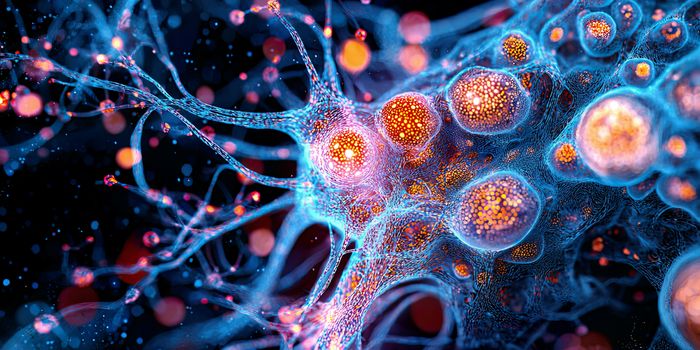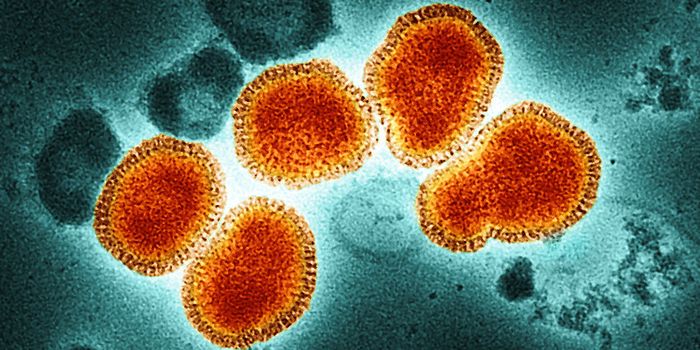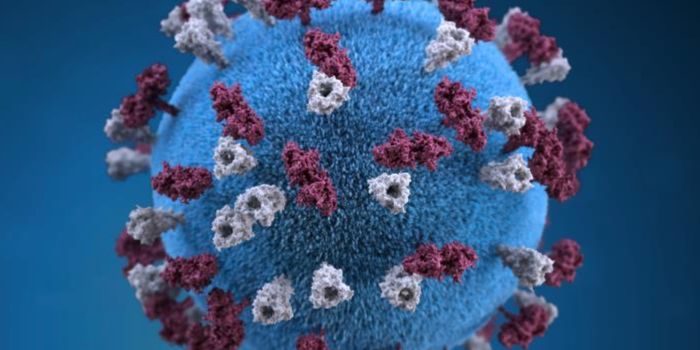New Insights Into Hepatitis B Infection Reveal a Potential Treatment
Hepatitis B virus (HBV) causes hepatitis B. Worldwide, hepatitis B is thought to be the second deadliest infection; it's estimated that about five percent of the global population have the disease. This liver cell infection can lead to long-term liver damage and can cause liver cancer. HBV infections are also to blame for over 1 million deaths every year. But scientists may have now created a new treatment.
In new research reported in Cell, scientists were able to stop HBV from infecting human liver cells, with a compound that is currently in trials as a cancer treatment.
While there is a hepatitis B vaccine, it sometimes requires boosters and it is not a treatment for those who already have the infection. Current treatments can stop the virus from replicating but can't completely clear it from the body, so chronic infection continues. Therefore, a better treatment is needed.
A crucial HBV protein called X is necessary for the virus to establish an infection in a host cell, and viral gene expression. But since X gene is in the viral genome, scientists have wondered how the virus makes enough protein X to establish a new infection, and start to express viral genes.
The scientists needed a new way to study this genomic conundrum. In a first, they were able to produce an HBV minichromosome to learn more about protein X.
They found that to make protein X, the HBV genome must organize into what is known as nucleosomes, which are complexes of DNA that have been packaged by proteins. The nucleosomes are made up of viral DNA 'strings' and 'beads' of DNA-organizing histones, which are provided by host cells.
While the packaging and organization of DNA might seem to oppose gene expression and protein production, this work has highlighted the complexity of these systems. Because in this case, the presence of nucleosomes seems to be required for the production of protein X in the host.
Since nucleosomes are the basis of chromatin, which forms chromosomes, the researchers wanted to see how anti-cancer drug that disrupts chromatin affected the viruses's ability to infect cells and maintain that infection. One such drug called CBL137 was shown to block protein X production in liver cells.
Now, the safety of that drug will be tested in animal models. It may eventually lead to much better treatments for hepatitis B.
Sources: Memorial Sloan Kettering Cancer Center, Cell









